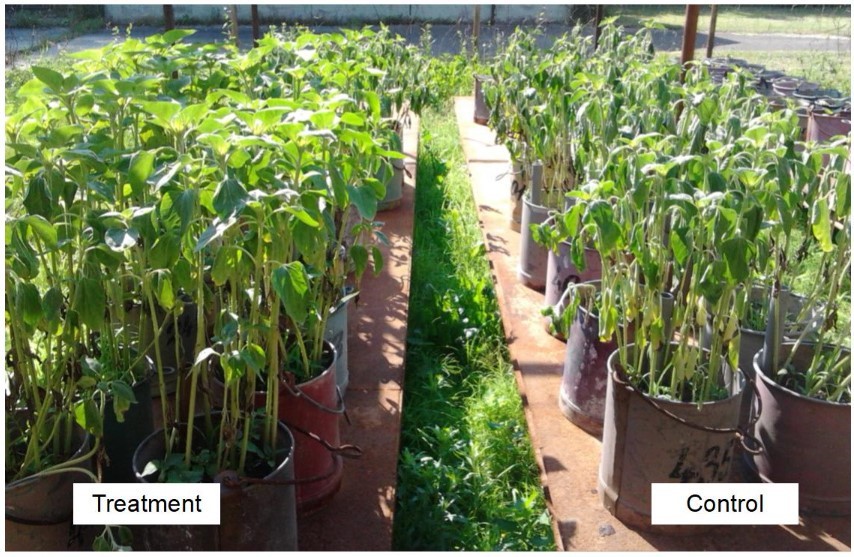
- Select a language for the TTS:
- UK English Female
- UK English Male
- US English Female
- US English Male
- Australian Female
- Australian Male
- Language selected: (auto detect) - EN
Play all audios:
Lire en français Researchers from the University of KwaZulu-Natal(UKZN) are exploring the potential of algae and cyanobacteria-based biostimulants as a sustainable alternative to traditional
chemical methods in controlling plant root pathogens. Published in _Phytoparasitica_, the study revealed potential for organisms and their extracts in suppression and control of plant pest
nematodes. Plant diseases caused by bacteria, fungi, nematodes, and viruses pose a significant threat to the livelihoods and food security of small-scale farmers and rural communities
globally. Nematodes, tiny worms that attack the roots of more than 3000 plant species and cause up to 60% of crop losses in South Africa, are one of the pathogens that could be managed by
micro algae and cyanobacteria bio stimulants. For a long time, farmers used soil fumigants (chemicals) to control these diseases in agriculture but these chemicals are hazardous, and they
don't always work well against these pests. Wendy Stirk, a research associate at UKZN’s Research Centre for Plant Growth and Development, says “the journey towards widespread adoption
faces challenges. "One of the big barriers is the cost of producing microalgae in large volumes, which needs to be cheaper than synthetic chemicals." The study listed solutions
such as nanotechnology, genetic engineering, and more research to better understand the mechanisms of these substances. The researchers identified more tests to make them practical for
large-scale crop production.






